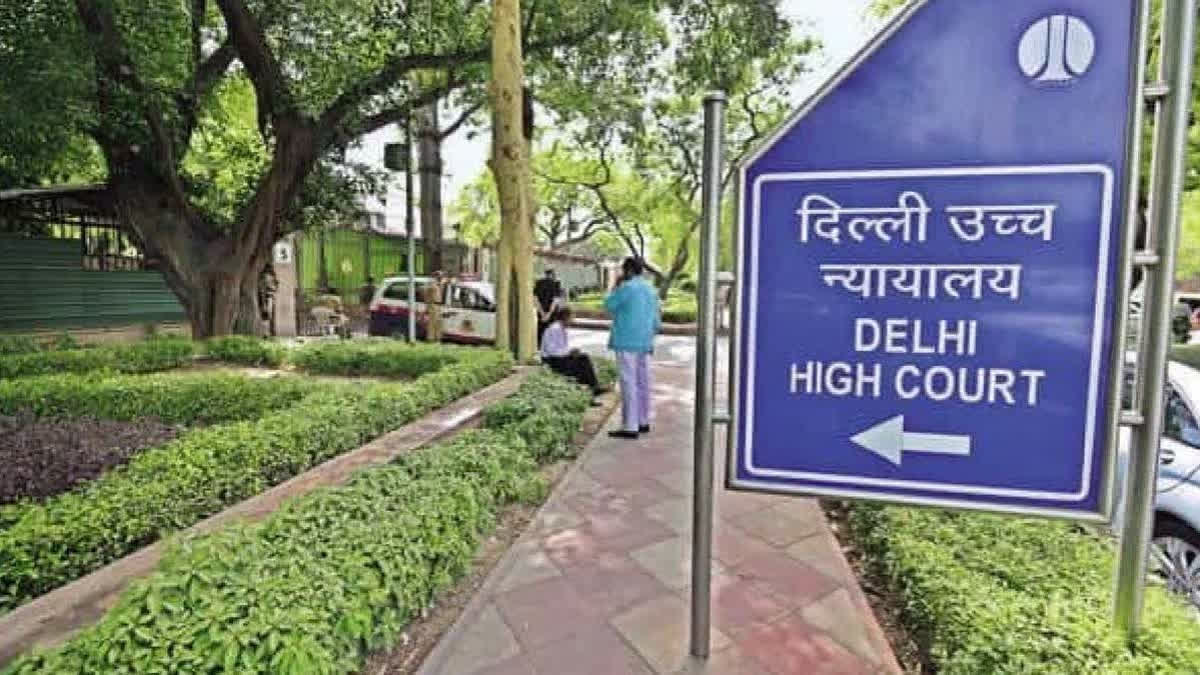New Delhi: The Delhi High Court has directed the city government and police to come up with a comprehensive action plan with detailed Standard Operating Procedure for addressing bomb threats and related emergencies in the national capital. The high court said the SOP should clearly outline the roles and responsibilities of all stakeholders, including law enforcement agencies, school management and municipal authorities ensuring seamless coordination and implementation.
Justice Sanjeev Narula observed that hoax threats, particularly those perpetrated through sophisticated methods such as the dark web and VPNs, are not unique to Delhi or even India and they are a global problem which continues to challenge the law enforcement agencies worldwide.
The high court passed several directions to the authorities and disposed of a petition raising serious concerns over the alleged inaction and negligent approach of the Delhi government and Delhi Police in addressing the recurring bomb threat emails received by various schools across the city.
Petitioner and lawyer Arpit Bhargava, represented by advocate Beenashaw N Soni, said the failure of the authorities to take adequate and timely measures has jeopardised the safety and security of children, teachers, staff, and other stakeholders in these educational institutions. The court said the petitioner's expectation that such threats can be entirely eradicated reflects an idealism that is out of step with the realities of the modern world.
"Moreover, law enforcement agencies are tasked not only with investigating incidents but also with anticipating and staying ahead of emerging threats - a formidable challenge in today's digital age. "While there is no doubt that agencies must endeavour to track down and hold perpetrators accountable to the full extent of the law, expecting a foolproof mechanism to entirely prevent such threats is both unrealistic and impractical," it said.
The court said the authorities must brace themselves to address the evolving challenges posed by such threats, particularly in the digital age, where anonymity emboldens perpetrators. "Respondents no. 1 and 2 must focus on deterrence by demonstrating that such acts will not go unpunished, thereby sending a clear message to potential offenders that their actions will have serious consequences.
